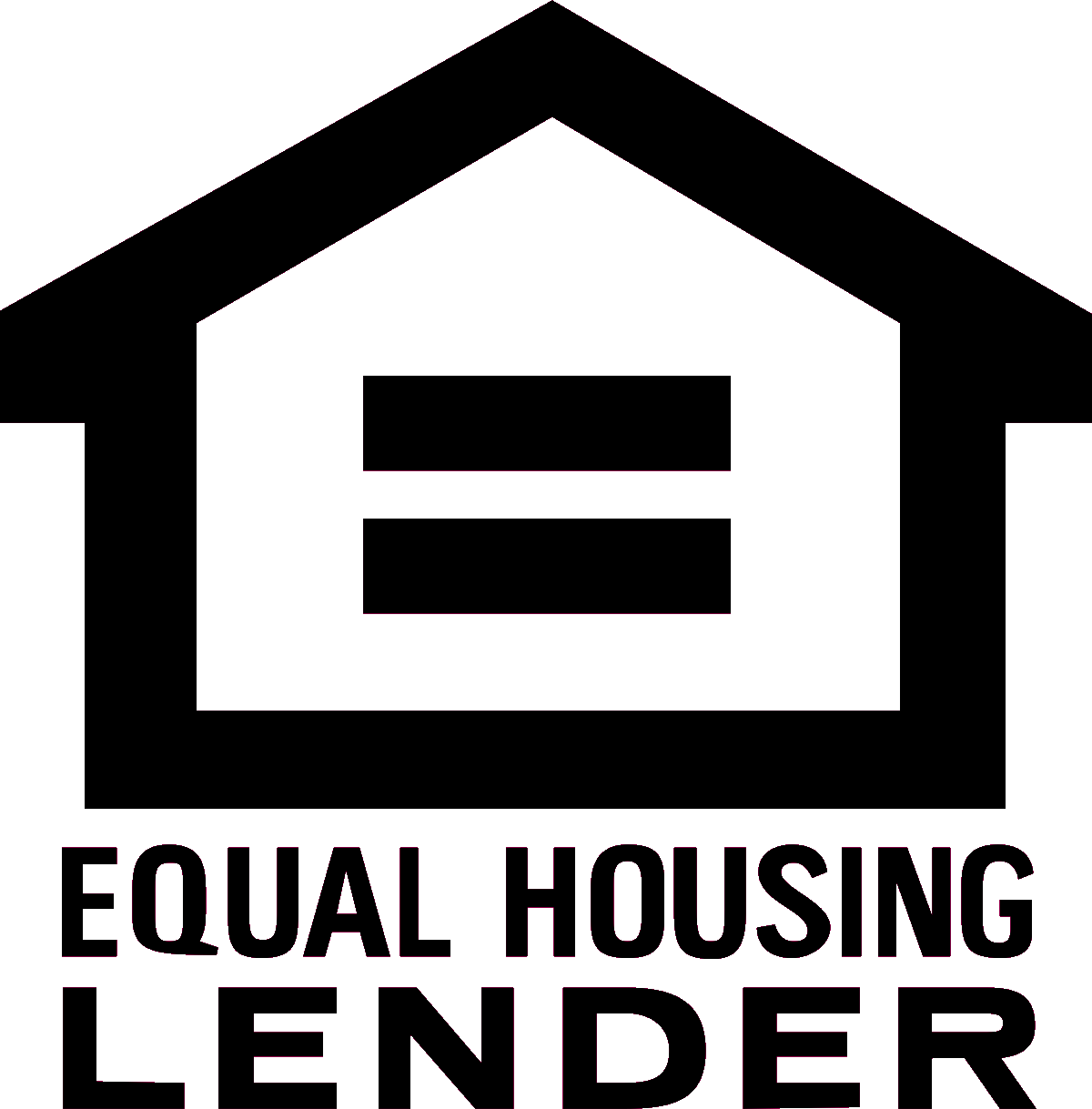Can I Qualify for a mortgage if I'm self-employed?
 Return to Can I Qualify? library
Return to Can I Qualify? library
Working for yourself should not prevent you from qualifying for a mortgage, yet too often, self-employed folks run into difficulties. In order to qualify you for a mortgage, a lender must be able to verify your income is stable and reasonably likely to continue. The challenge for some self-employed folks is their tax-reported income doesn't reflect their true income. We have loan programs that can help, even if you only recently started working for yourself.
Conventional mortgage programs
First, let's look at conventional loan programs. If you can qualify for a conventional loan, you'll get a lower interest rate and probably lower loan fees. To document your income, we use tax returns and profit/loss statements. We start with the net income you reported to the IRS and add back soft expenses (like depreciation and use of your home).
Typically, we look at your two most recent tax returns. If the income increased year-to-year, we usually average the income. If the income declined, we use the lesser amount. We use a profit/loss statement for the time since your last tax return filing to document that your income is stable.
If your business has existed for at least 5 years, Fannie Mae and Freddie Mac will allow us to look at only your most recent tax return. This may be advantageous if your business' profitability has been increasing.
Non-conventional mortgage programs
But what can you do if your tax-reported income doesn't reflect your true income? Many self-employed folks pay what would normally be personal expenses through their businesses. Others manage the income they receive from their business to minimize their tax bill. In these cases, the net income calculated using the conventional method above may not be sufficient for qualifying.
Non-conventional mortgage programs allow us to analyze business income differently. Instead of looking at your tax returns, we use your bank statements to documents your business cash flow. We can use business or personal bank accounts, but we only count deposits that are related to your business. We typically discount the deposits by an "expense factor" that is based on your business type. If you use a CPA or professional tax preparer to manage your business finances, and that person is willing to provide a statement of your expenses, we can use that instead.
Alternatively, if your CPA or professional tax preparer is willing to prepare a profit/loss statement, we can use that to document your business income.
If you earn income from sources other than your business, we may be able to use those sources to supplement your qualifying business income. For example, if you receive a 1099 for contract work you do outside your business, we can add that to your qualifying income.
Because we're documenting your income through non-conventional methods, lenders perceive greater risk, and the interest rates for non-conventional programs are a little higher. Anything that mitigates that risk improves your rate. For example, we can use 12 or 24 months of bank statements to calculate your income. If you provide 24 months, your rate will be a little lower. Higher credit scores also garner lower rates.
Finally, non-conventional mortgage programs allow for non-conventional features, such as interest-only payments for a period, graduated payment schedules, and 40-year loan terms. The purpose of these features is to lower the monthly payment in the initial years of the mortgage.








